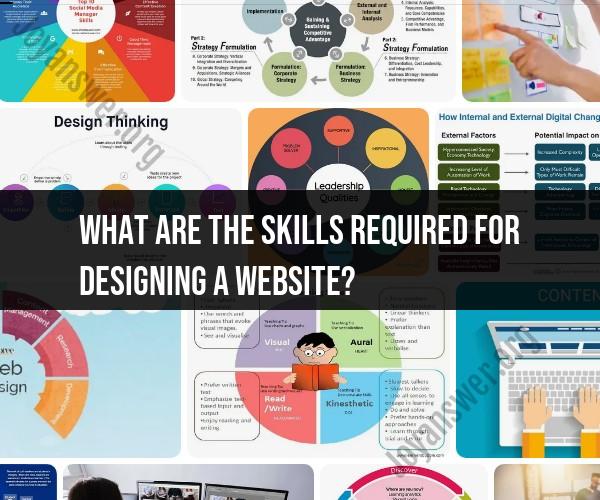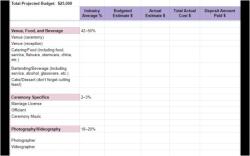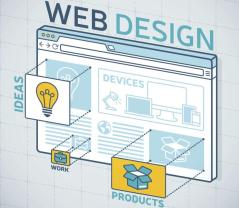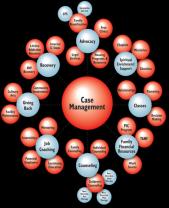What are the skills required for designing a website?
Designing a website requires a combination of technical and creative skills. Here are essential competencies and skills required for website design:
HTML and CSS:
- Understanding HTML (Hypertext Markup Language) and CSS (Cascading Style Sheets) is fundamental for creating the structure and styling of web pages. These languages are the backbone of web design.
Responsive Design:
- Proficiency in creating responsive designs ensures that websites adapt to various screen sizes and devices. This involves using media queries and flexible layouts.
JavaScript:
- Basic knowledge of JavaScript allows for the implementation of interactive elements on websites. It's essential for creating dynamic and engaging user experiences.
UI/UX Design:
- User Interface (UI) design focuses on the visual elements of a website, while User Experience (UX) design considers the overall user journey and satisfaction. Both are crucial for creating an effective and user-friendly website.
Graphic Design Software:
- Proficiency in graphic design tools like Adobe Photoshop, Illustrator, or other design software is important for creating and editing visual elements such as images, icons, and graphics.
Color Theory and Typography:
- Understanding color theory and typography is vital for creating visually appealing and readable designs. This includes knowledge of font pairing, hierarchy, and the psychology of colors.
Wireframing and Prototyping:
- Skills in creating wireframes and prototypes help in planning and visualizing the structure and layout of a website before the actual development. Tools like Adobe XD, Sketch, or Figma are commonly used for this purpose.
Version Control/Git:
- Familiarity with version control systems like Git is valuable for collaborating on projects, tracking changes, and maintaining code integrity.
Web Design Tools:
- Stay updated on the latest web design tools and frameworks. Tools like Bootstrap, Tailwind CSS, and others can enhance the efficiency of the design process.
SEO Basics:
- Understanding basic Search Engine Optimization (SEO) principles is important for designing websites that are search engine-friendly. This includes knowledge of meta tags, keyword placement, and other SEO best practices.
Cross-Browser Compatibility:
- Ensure that your designs work consistently across different web browsers. Familiarity with browser developer tools helps in debugging and optimizing for various platforms.
Collaboration and Communication:
- Effective collaboration and communication skills are essential, especially when working in a team. Clear communication with developers, clients, and other stakeholders ensures a smooth design process.
Attention to Detail:
- Paying attention to small details, such as spacing, alignment, and consistency, contributes to a polished and professional-looking website.
Problem-Solving Skills:
- Web designers often encounter challenges and bugs. Strong problem-solving skills are crucial for identifying issues and finding effective solutions.
Knowledge of Trends and User Behavior:
- Stay informed about current design trends and user behavior. Understanding how users interact with websites helps in creating designs that meet user expectations.
Portfolio Development:
- Building a portfolio showcasing your design projects is essential for demonstrating your skills and attracting potential clients or employers.
Time Management:
- Efficient time management is critical, especially when working on multiple projects or meeting deadlines. Prioritize tasks and allocate time effectively.
Continuous Learning:
- The field of web design evolves, so a mindset of continuous learning is crucial. Stay curious, explore new tools and techniques, and adapt to industry changes.
By developing a strong foundation in these skills, web designers can create visually appealing, functional, and user-friendly websites. Additionally, a balance between technical proficiency and creativity is key to successful web design.
What essential skills are needed for website design?
Website design requires a blend of technical and creative skills to effectively bridge the gap between functionality and aesthetics. Here are some essential skills you'll need to master:
Technical Skills:
- Front-end coding: Proficiency in HTML, CSS, and JavaScript is fundamental. HTML provides the structure, CSS styles the visuals, and JavaScript adds interactivity.
- Responsive design: Ability to build websites that adapt to various screen sizes and devices (desktop, mobile, tablet).
- Version control systems: Using platforms like Git to track changes, collaborate with others, and maintain project versions.
- Basic understanding of back-end development: While not always required, knowing basics of back-end languages like PHP or Python can be valuable for more complex projects.
- Accessibility principles: Design websites that are inclusive and usable for everyone, regardless of their abilities.
Creative and Design Skills:
- Visual design: Strong understanding of design principles like color theory, typography, layout, and user interface (UI) design.
- User experience (UX) design: Ability to focus on user needs and create intuitive, seamless website experiences.
- Information architecture: Organizing website content logically and making it easy for users to find what they need.
- Branding and visual identity: Understanding how to create a consistent brand image and experience through web design.
- Problem-solving and critical thinking: Ability to analyze user needs, identify design challenges, and propose creative solutions.
Additional Skills:
- Communication and collaboration: Effectively communicate your design ideas and collaborate with clients, developers, and other stakeholders.
- Time management and organization: Efficiently manage projects, meet deadlines, and prioritize tasks.
- Staying up-to-date: The web design world is constantly evolving, so actively learn new trends, tools, and technologies.
Remember, mastering all these skills takes time and dedication. Start with the fundamentals, focus on the areas you find most interesting, and gradually expand your skillset as you progress. Be prepared to keep learning and adapting as the web design landscape evolves.
I hope this gives you a clear picture of the essential skills needed for website design. Feel free to ask if you want to delve deeper into any specific skill or explore resources to get started with your learning journey!












